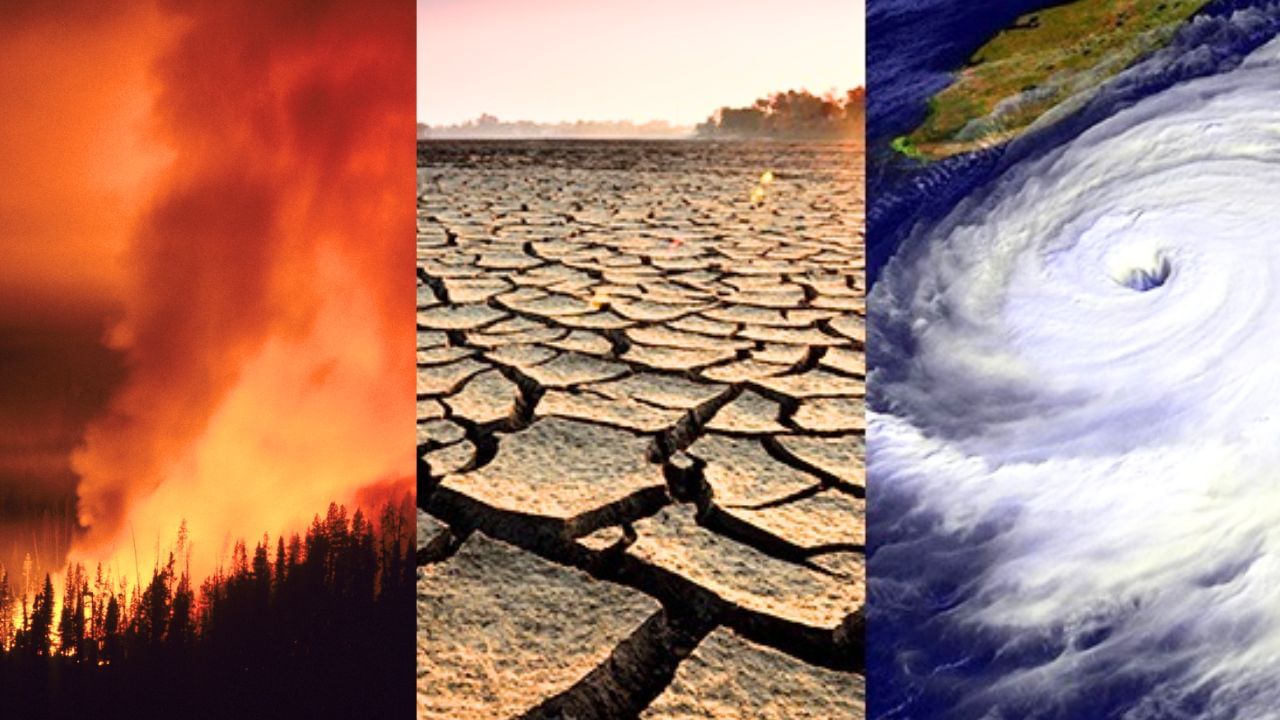The world is warming rapidly, the WMO chief said – making extreme weather events difficult to predict
World Meteorological Organization (WMO) head Celeste Saulo said on Friday that extreme weather events, which pose a long-term risk, are becoming more intense in a rapidly warming world and are difficult to predict despite scientific advances. He refused to link specific events like the wildfires in Los Angeles to climate change. They include many elements directly related to climate change, he said. Celeste Salo said the WMO and governments around the world were doing their best to improve the quality of forecasts, but these efforts were not enough to keep pace with the unprecedented rate of rising temperatures. Saulo is the first woman to hold the post of WMO President. 'We have better forecasts' He said now we have better forecasts and showed many examples of how precautions have saved lives and property. But extreme events are becoming more extreme and unusual, and predicting them is more challenging. Science is advancing and we are improving our understanding, Salo said. However, serious cases require serious action. He said climate change is causing severe droughts around the world, with strong winds, dry vegetation and very dry land creating favorable conditions for wildfires. Linking any particular event to climate change requires scientific evaluation, the WMO chief said. However, we can say that many elements of these phenomena are directly related to climate change. Disasters like the Los Angeles wildfires are the result of our own actions, Salo said. He said that if we build cities where we shouldn't, we will upset the natural system that maintains balance and lead to disasters. Asked if the WMO could implement early warning efforts for all by 2027 given the geopolitical uncertainty, Saulo said that every dollar invested in early warning would have a 10-fold return. The United Nations launched Early Warning for All in 2022 to ensure that everyone on Earth is protected from hazardous weather, water or climate-related events by the end of 2027 with life-saving early warning systems in place.






